CERTIFICATIONS
HIGH STANDARDS FOR SUSTAINABLE TEXTILES
In our commitment to responsible textiles, certifications represent a guarantee of quality, safety, and environmental respect. Each of our fabrics is the result of controlled processes that comply with the highest international standards, from raw material selection to processing. Discover the certifications that attest to our dedication to sustainability and innovation.
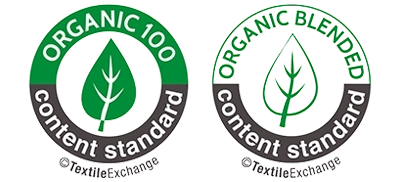
Berto E.G. Industria Tessile Srl is OCS Certified by ICEA
Only products covered by a valid transaction certificate are OCS certified
OCS certifies the presence of organic fibers in a finished fabric. This standard covers the purchase, handling and use of certified organic materials but not the manufacturing processes. OCS-certified fabrics must contain at least 5 percent organic fiber.

Certified by ICEA
GOTS-10431
GOTS is the most widely recognized voluntary certification for textiles made from organic fibers. This rigorous standard requires complete traceability of the supply chain, full compliance with social responsibility and the application of environmental management practices. This certification, to grow natural organic fibers, prohibits the use of GMO seeds and highly hazardous chemicals. GOTS-certified fabrics must contain 70 percent or more organic fiber.

STANDARD 100
Berto has been Oeko-tex standard 100 certified since 1996. This is an international testing and certification system that guarantees the safety of the raw materials used and the absence of harmful chemicals on the finished fabric.
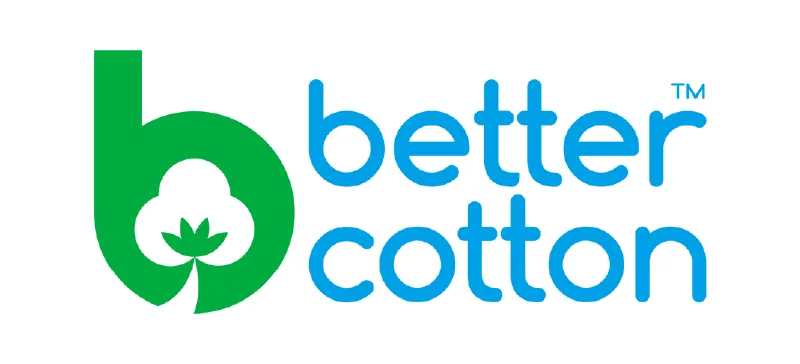
Better Cotton Initiative
Founded on seven principles: crop protection, water management, soil health, biodiversity, responsible land use, fiber quality, decent work and management system, the Better Cotton standard aims to promote continuous and measurable improvements for the environment and farming communities. Berto uses cotton grown, produced and marketed according to the Better Cotton standard.
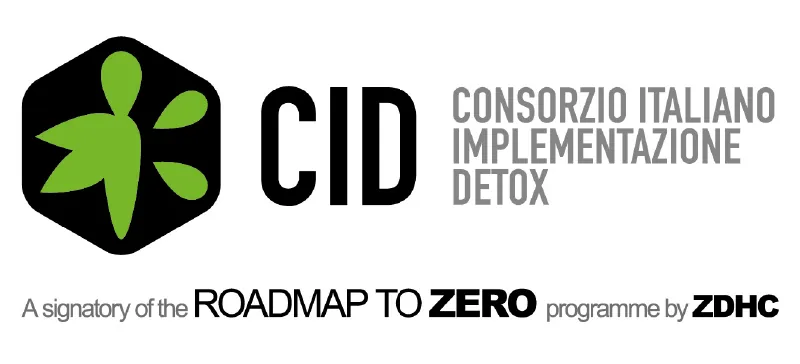
Italian Detox Implementation Consortium
Greenpeace has identified the 11 most dangerous groups of chemicals and through the Detox Campaign is calling on companies to rid their clothing production of these products to stop polluting waterways. Berto Textile Industry recognizes the importance of eliminating hazardous substances from our production cycle. For this reason, in July 2016, we signed the Detox commitment, promoted by Greenpeace, thus beginning an important improvement journey. We share this commitment with a group of companies in the Prato textile district, under the coordination of Confindustria Toscana North. This new path aims to enrich our ongoing commitment to respecting the environment and the health of workers and consumers through quality products and processing, despite the fact that we did not use those substances in our production before.

Berto E.G. Industria Tessile Srl is GRS Certified by ICEA
ICEA-TX-426
Only products covered by a valid transaction certificate are GRS certified
This international standard certifies the presence of recycled material in finished products. It establishes requirements for supply chain traceability, management of social and environmental aspects, and chemical restrictions. To achieve GRS certification, products must contain more than 20 percent recycled material.

ZDHC - Roadmap to ZERO
The Zero Discharge of Hazardous Chemicals is a program aimed at eliminating hazardous chemicals from the textile and footwear supply chain. This program, which involves other brands and players in the supply chain, also aims for more sustainable management of chemicals.
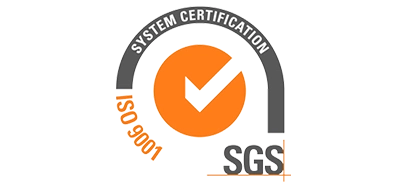
ISO 9001
It is an internationally recognized standard that establishes criteria by which to define the requirements for the implementation of a quality management system in order to meet customer needs and continuously improve the effectiveness and efficiency of processes and services.
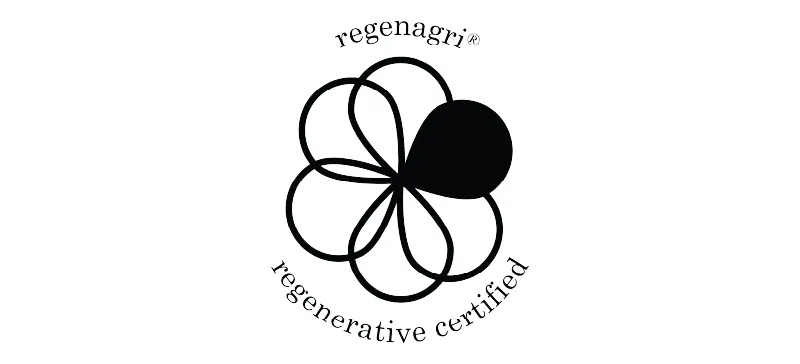
Regenagri Cotton
CU-1384406
This is a voluntary international certification that guarantees the supply chain for materials from farms certified to the Regenagri standard. Fabrics must contain at least 50 percent fiber grown according to regenerative agricultural practices.

Apparel Impact Institute - Clean by Design
An award that enhances practical commitment to a more sustainable supply chain.